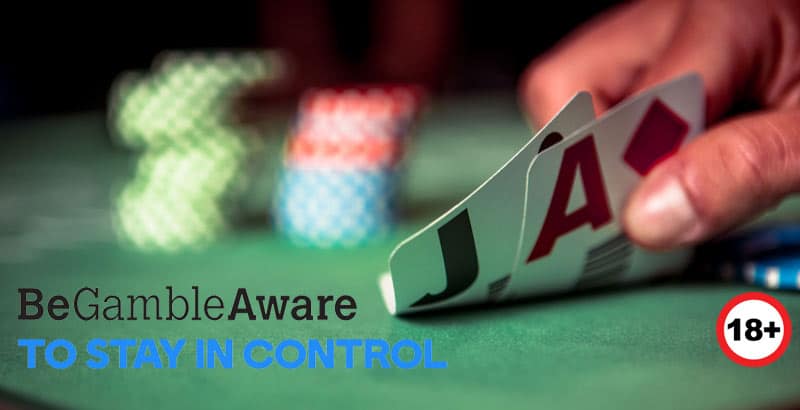
In this guide, you’ll learn how to gamble responsibly, signs to look out for if you suspect you have a problem, and where to get help.
Gambling should be fun, but sometimes it can get out of control and, in the worst instances, can become a serious problem.
If you’re gambling in the UK, you’ll certainly be aware of the press coverage and promotion surrounding Responsible Gambling.
To gamble responsibly means you are gambling in a controlled manner, with money that you can afford to lose, and you’re able to stop at any time.
I like to think there are three elements to Responsible Gambling.
As an Individual, you have to take responsibility for your actions, so if you’re thinking about gambling, you should take the following advice.
The UK Gambling Commission has published Social Responsibility Guidelines that operators must follow as part of their license terms.
They are too detailed to cover here, but overall, their aim is:
There’s also a bunch of other standards.
Operators must comply with the UK Advertising Codes issued by the Committees of Advertising Practice (CAP) and administered by the Advertising Standards Authority (ASA).
If you think you have a problem, there are several organisations that you can contact in confidence for a chat and help.
National Gambling Helpline Freephone 0808 8020 133
The GambleAware website provides lots of information on responsible gambling and how to access resources to help if you have a problem.